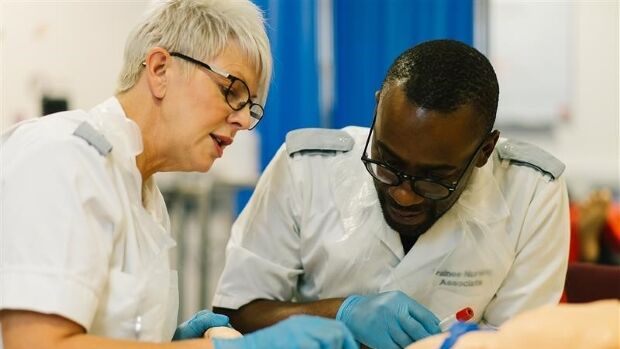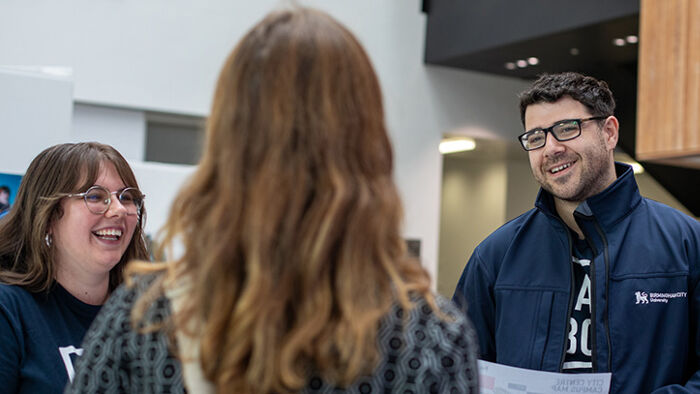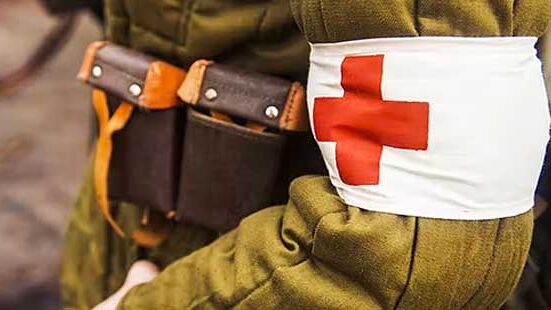School of Nursing and Midwifery
About the School
Birmingham City University is a major provider of nursing and midwifery education, with our graduates delivering essential health care services within the city, throughout the region and across the country.
Our facilities offer hands-on practical experience with professional standard equipment.
The School is home to three academic departments:
- Department of Adult Nursing
- Department of Mental Health and Learning Disability Nursing
- Department of Midwifery and Children’s Health

Open Days
The best way to truly experience our School is to attend one of our open days, where you can explore our campus, meet current staff and students, and get a feel for the vibrant community that makes up our university.

Subject areas in this School
Defence School of Healthcare Education
The Defence School of Healthcare Education, Department of Healthcare Education (formerly the Defence School of Health Care Studies and the Defence School of Postgraduate Medical Studies) is the Armed Forces' provider of healthcare education to Defence Medical Services personnel.
